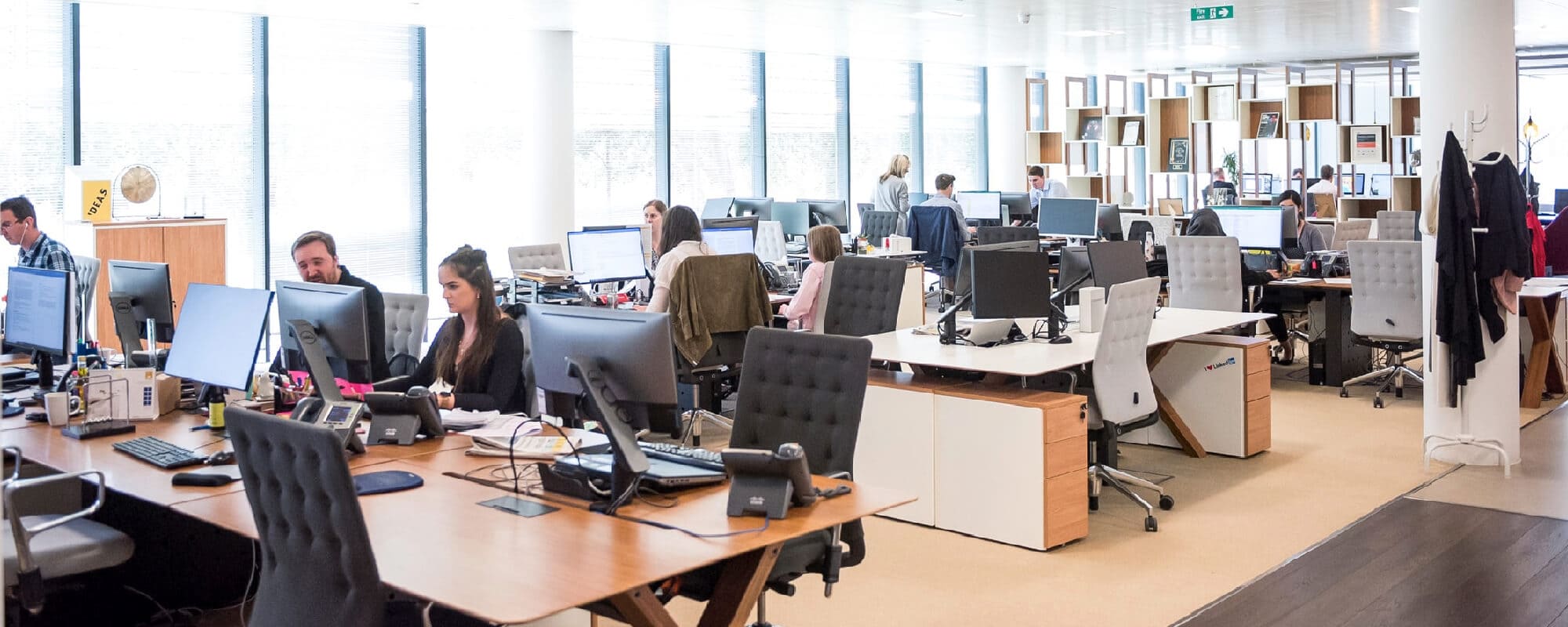Experts are Raising Concerns about Monitoring Remote Employees
May 14, 2021
In 2020, use of remote employee monitoring software skyrocketed – for the reason we all are well aware of. However, the ethical side of this use is beginning to causerising tension. It turns out that many employers keep an eye on their employees.
A new study by Prospect, a UK trade union agency, found that 1 in 5 businesses are already tracking their employees online using digital surveillance tools, or are planning to do so.
These tools often provide a detailed picture of how employees are spending their time online. Features of such software include recording the time spent on certain websites, the ability to remotely view the user’s desktop, and recording everything the user types on the keyboard (keylogging).
All this has sparked heated debates over employees’ privacy and data rights, as well as has raised concerns about whether such monitoring fits into the General Data Protection Regulation (GDPR).
According to the experts, better control over surveillance equipment is needed right now, when most professionals work from home.
Well, remote monitoring software is nothing new. It has long been popular, especially in the industries where valuable data are stored and processed, e.g. financial sector. In these cases, software tools can help companies ensure that no sensitive information is transferred outside the organization. This prevents data loss.
Experts are concerned that the widespread use of this technology in various sectors will turn these practices into the new standard. This can result in unpleasan things: companies who are implementing monitoring tools, may “forget” to properly inform their employees about the surveillance or to perform required data protection impact assessments (DPIA).
Experts also warn that there are even companies where AI-based software not only monitors performance, but also makes decisions about firing employees. This is annoying indeed. It becomes a particular problem for low-income workers, e.g. people with disabilities or parents of young children.






